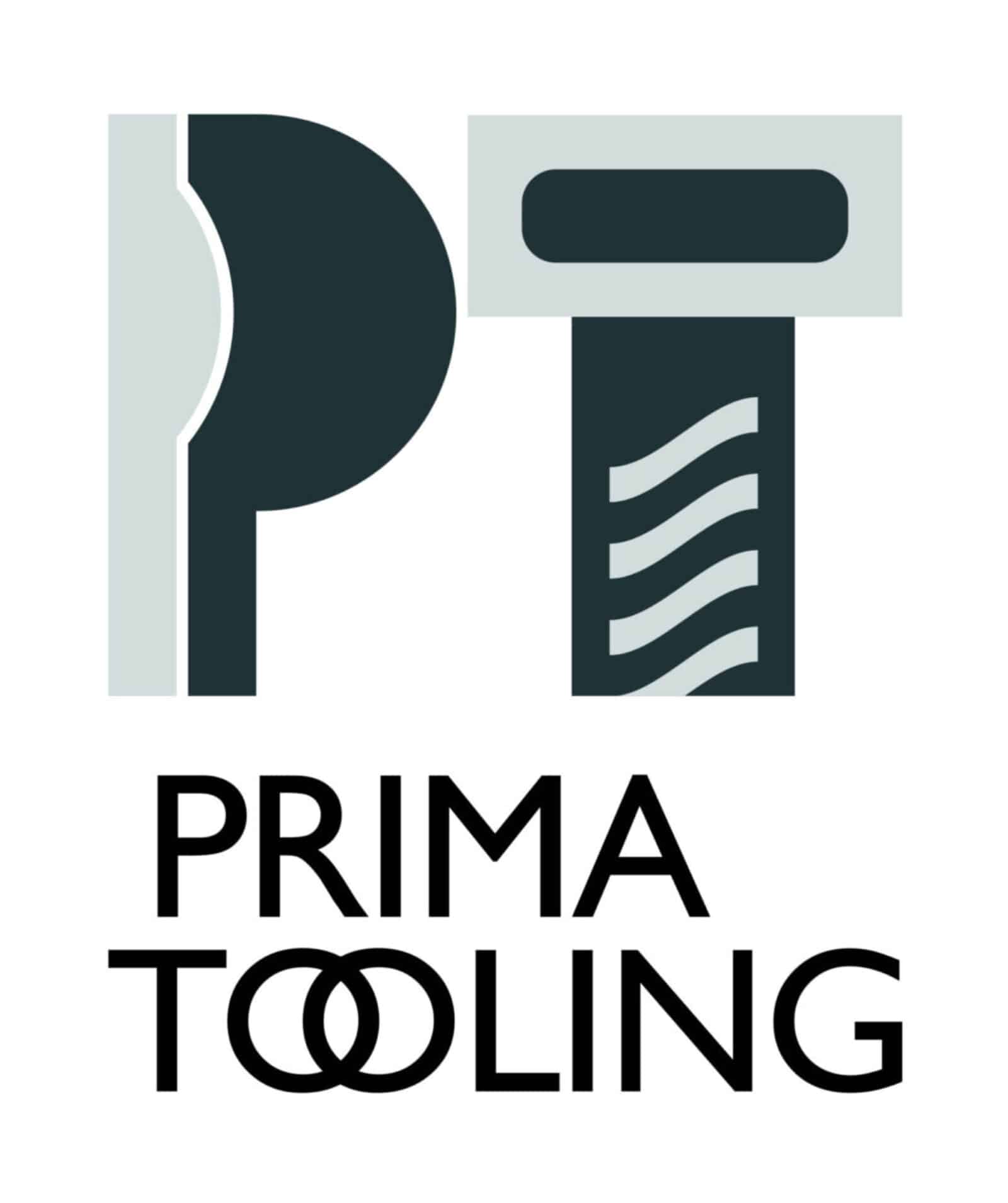Polycrystalline diamond (PCD) router bits have become an essential tool in modern CNC machining processes. Known for their exceptional wear resistance, cutting precision, and ability to withstand high temperatures, PCD router bits have proven invaluable across various industries and applications. Selecting the ideal PCD router bit for your CNC machine should be a well-informed decision that accounts for specific material properties, machining conditions, and desired outcomes.
Our ultimate guide is designed to empower you with expert advice and tips on choosing the perfect PCD router bit for your CNC machine. From understanding different PCD bit types to evaluating factors such as tool geometry, operational parameters, and available coatings, this comprehensive guide will help you confidently select PCD router bits that cater to your unique machining requirements. Unlock the full potential of your CNC machine with the right PCD router bits, ensuring precise and efficient machining processes across various applications and materials.
1. Understanding PCD Router Bit Types
Before selecting the ideal PCD router bit for your CNC machine, it is crucial to become familiar with the different types of PCD bits and their purposes. Some common PCD router bit types include:
designed with straight cutting edges, making them suitable for creating clean and precise cuts in a variety of materials, such as wood, composites, and plastics.
- Spiral Bits: These router bits feature
- Straight Bits: These bits are a helical cutting edge, allowing for efficient chip evacuation, reduced cutting forces, and improved surface finishes.
- Compression Bits: Designed with an upcut and a downcut spiral, compression bits prevent edge fraying and tearing in laminated materials, making them ideal for applications that demand flawless, chip-free edges.
Understanding the specific applications and performance characteristics of each PCD router bit type will enable you to make an informed decision based on your CNC machining requirements.
2. Material Properties and Machining Conditions
Material properties play a significant role in determining the ideal PCD router bit for your CNC machine. Factors such as material hardness, abrasiveness, and thermal expansion behaviour should be taken into account when selecting a router bit. PCD router bits are especially effective in machining non-ferrous materials, such as aluminium, copper, brass, and various types of plastics. The high wear resistance and low friction coefficient of PCD makes it suitable for machining abrasive materials, reducing tool wear and mitigating the negative effects of elevated cutting temperatures.
Furthermore, consider the machining conditions, such as required spindle speeds, feed rates, and coolant availability. PCD router bits are known for their compatibility with high-speed machining, enabling faster material removal rates and increased productivity in suitable applications.
3. Tool Geometry and Cutting Parameters
PCD router bit geometry refers to the configuration of cutting edges, angles, and shapes present in the tool. Factors like the rake angle, clearance angle, cutting edge angle, and helix angle all contribute to the bit’s performance in a specific material or application. Appropriate tool geometry ensures efficient cutting performance, accurate chip evacuation, and a superior surface finish.
When selecting a PCD router bit, consider the cutting parameters, such as spindle speed, feed rate, and depth of cut. PCD bits can perform efficiently at high cutting speeds due to their impressive thermal conductivity and wear resistance. However, excessive feed rates and depths of cut can significantly impact tool life and performance. By obtaining a deeper understanding of the relationship between tool geometry and cutting parameters, you can choose the right PCD router bit that delivers the desired machining outcomes.
4. Specialised PCD Router Bit Coatings
Although PCD router bits already exhibit excellent wear resistance, specialised coatings can further enhance their performance and longevity. Some coatings, such as diamond-like carbon (DLC) and titanium aluminium nitride (TiAlN), provide extra benefits like improved surface hardness, reduced friction, and enhanced thermal resistance. Each coating offers distinct characteristics that may be advantageous in specific applications or in machining certain materials. Evaluating the benefits of these coatings in the context of your operations can help you determine whether a coated PCD router bit is an ideal choice for your CNC machine.
5. Quality and Consistency
When selecting a PCD router bit, it is essential to consider the quality and consistency of the bit’s manufacturing process. High-quality PCD router bits are manufactured using stringent quality control protocols and state-of-the-art manufacturing processes, ensuring optimal tool performance, tool life, and repeatability. When sourcing PCD router bits, consider partnering with reputable suppliers such as Prima Tooling, who place an emphasis on quality and consistency in their production processes.
6. Customisation and Support
Sometimes, off-the-shelf PCD router bits may not adequately fulfil the unique requirements of your machining applications. In such instances, working with a cutting tool supplier that offers customisation capabilities can be of immense value. A tailored PCD router bit designed to cater to your specific requirements will ensure optimal performance, maximising production efficiency and reducing overall costs.
Additionally, engaging with experienced technical support teams can help you navigate the process of selecting the perfect PCD router bit for your CNC machine. Technical support professionals can offer tailored advice, taking into account your unique machining conditions and material properties.
Experience Enhanced CNC Performance with Prima Tooling PCD Router Bits
Choosing the perfect PCD router bit for your CNC machine can significantly impact the efficiency, performance, and cost-effectiveness of your machining processes. Evaluating factors such as router bit types, material properties, tool geometry, cutting parameters, and the quality of your PCD router bits will ensure you make the ideal choice for your unique applications and materials.
Prima Tooling is committed to delivering top-quality drilling tools in the UK and expert technical support, ensuring you maximise the benefits of your CNC machining investments. Our cutting tool specialists possess the knowledge and experience to guide you through the PCD router bit selection process, providing tailored advice and recommendations based on your unique requirements. Contact Prima Tooling today to experience enhanced CNC performance and unlock the full potential of your machining capabilities.
